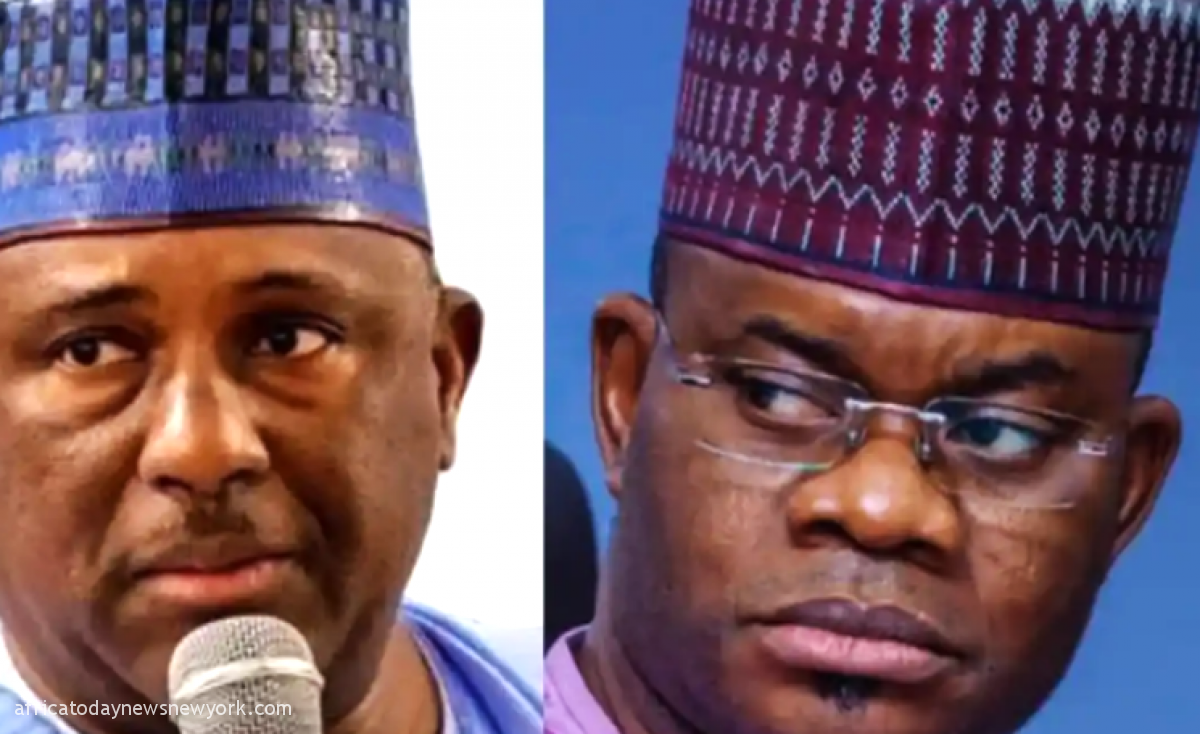The Government of Kogi State is presently at loggerheads with another leading conglomerate, BUA Group after the latter abandoned the state following the recent fracas between the state and Dangote.
Africa Daily News, New York reports that the new drama is coming just days after the state’s dispute with Dangote Group over Obajana Cement dominated headlines in Africa’s most populous country. .
The Federal Government of Nigeria had to even intervene before the Governor Yahaya Bello administration went on to unseal the company.
The National Security Council (NSC) has interfaced in the crisis with view of resolving the disagreement which led to a deal signed by both parties.
Chief of Staff to President Muhammadu Buhari, Professor Ibrahim Gambari supervised the agreement last Thursday.
On Tuesday, BUA told the Kogi government that it was no longer interested in the 50,000 hectares of land allocated to it in 2012.
A letter to the House of Assembly in Lokoja stated that the land was inaccessible and not viable for business.
Read Also: Kogi State Assembly Passes Local Government Autonomy Bill
‘You can go ahead and revoke the Certificate of Occupancy Nos.KG.11713 as we are not interested’, it reads.
The House had on Monday threatened to revoke the land’s C of O if BUA failed to pay for it and also compensate the host communities.
The lawmakers asked the company’s officials to appear on Wednesday to explain why they had not paid for the allocation after 10 years.
In its response, BUA reminded them that it was yet to take possession of the expanse land and never utilised it.
‘The land is only accessible by water and without the required investments and other enabling infrastructure, the venture will not be feasible.’
‘Again, there has been a massive deterioration of security in and around the area for the past few years making it practically impossible to start any project there.’
‘We hereby wish to indicate through this letter that we are no longer interested in continuing with our proposed investment’, the memo added.
It went on to claim that since 2012, there has been no visible effort by successive governments to address the issue of infrastructure and roads.
